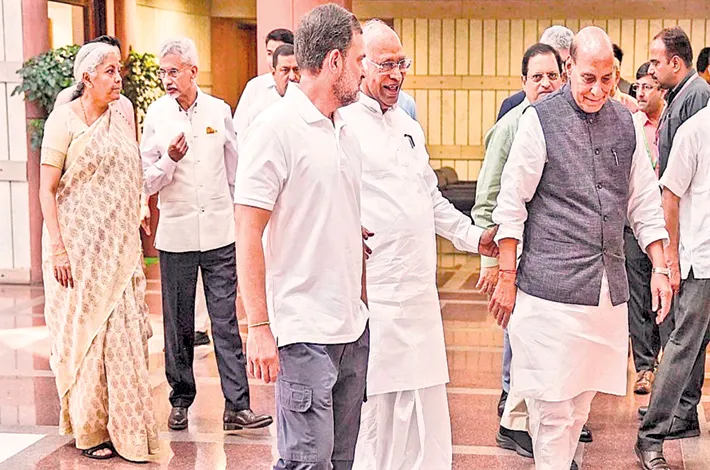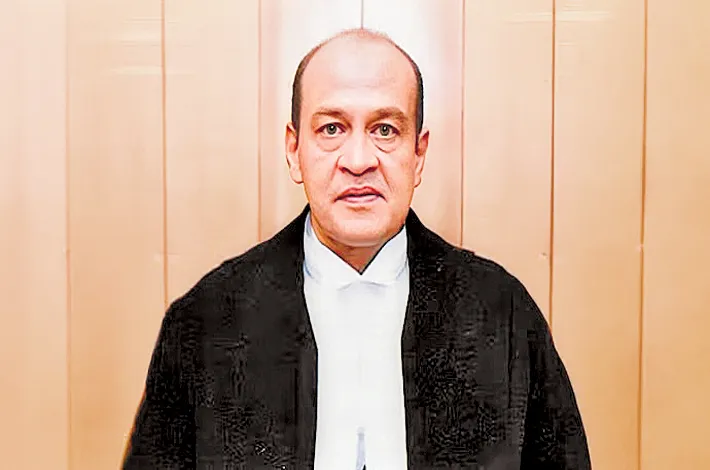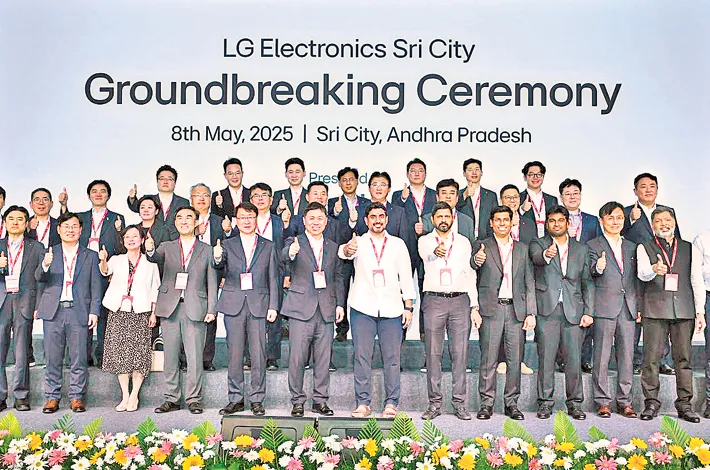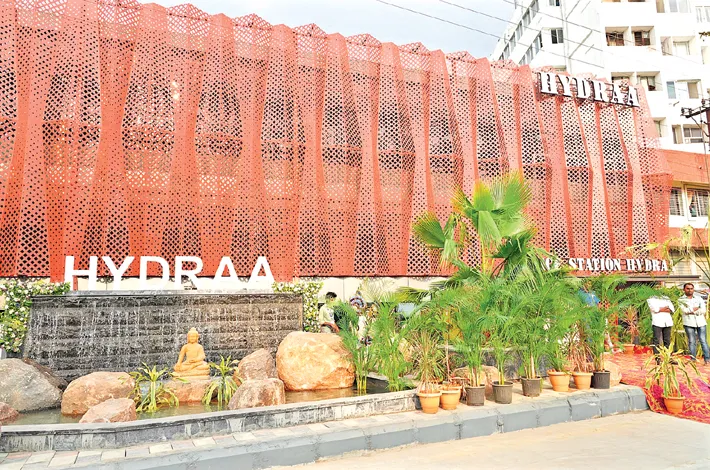Going Green: APSRTC to transition to e-buses by 2029
02-01-2025 01:16:31 AM
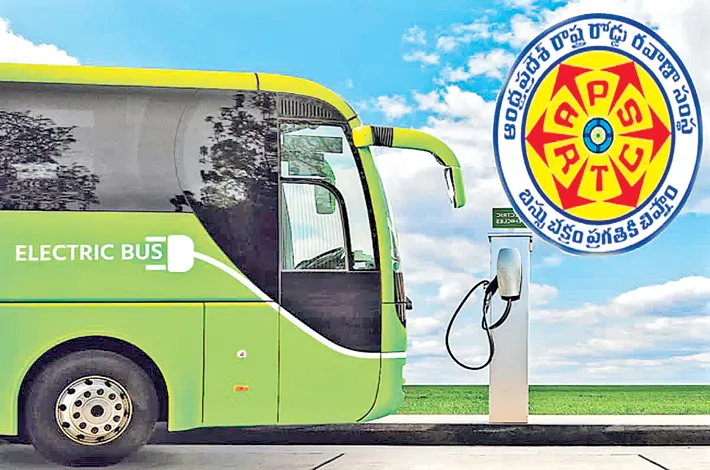
By 2029, APSRTC plans to add 5,709 electric buses to its fleet. The high initial cost of electric buses, ranging between Rs.1.8 crore and Rs.2 crore per unit
- ■ Currently, 131 are electric out of the 10,780 buses
- ■ Over the next five years, 2,537 buses will cross this age limit
- ■ 3,194 buses will be replaced in the next five years
- ■ The high initial cost of electric buses, ranging between Rs.1.8 crore and Rs.2 crore per unit
- KIRANMAI TUTIKA | AMARAVATI
If all goes according to plan, by the year 2029 all the buses in Andhra Pradesh will be electric. Currently, 131 are electric out of the 10,780 buses. The government’s electric vehicle (EV) policy aims to reduce pollution and maintenance cost. The government is planning to replace older diesel buses with modern electric vehicles in a phased manner.
Initially, buses that have exceeded their operational lifespan would be eliminated. According to the Motor Vehicles Act, government-owned vehicles older than 15 years will be phased out.
Over the next five years, 2,537 buses will cross this age limit, while an additional 3,194 buses, those with extensive mileage across various categories, including long-distance intercity routes and intra-city services ranging from 8 lakh to 12 lakh kilometers, will also be replaced. This targeted approach will ensure that the most polluting and inefficient vehicles are phased out first, maximizing the environmental and economic benefits of the transition.
Meanwhile, by 2029, APSRTC plans to add 5,709 electric buses to its fleet, including 1,285 rental buses, 1,698 new purchases, and 2,726 additional electric buses.
The high initial cost of electric buses, ranging between Rs.1.8 crore and Rs.2 crore per unit, poses a financial challenge for APSRTC. Despite the anticipated reduction of 30-40% in electric bus prices in the coming years, the cost remains a significant burden.
The corporation has outlined a multi-pronged strategy to acquire the necessary electric buses. This includes, strategic procurement of new electric buses from leading manufacturers, leveraging competitive bidding processes to secure the most cost-effective solutions. Followed by Rental Agreements by utilizing the Prime Minister's E-Bus Service Scheme, which provides subsidies for electric bus rentals, to accelerate fleet electrification and minimize upfront capital expenditure. Third, with strategic partnerships by collaborating with private sector players, including EV manufacturers, charging infrastructure providers, and technology companies, to leverage private sector expertise and investment.
Speaking to Metro India, APSRTC Chairman Konakalla Narayana said, “These electric vehicles will not only play a crucial role in mitigating air pollution and improving environmental sustainability but also offer substantial long-term economic benefits through reduced maintenance costs. We are actively exploring innovative and cost-effective solutions to ensure a smooth and successful transition to a cleaner and more sustainable public transportation system.”
The success of this initiative hinges on the availability of adequate charging infrastructure.





